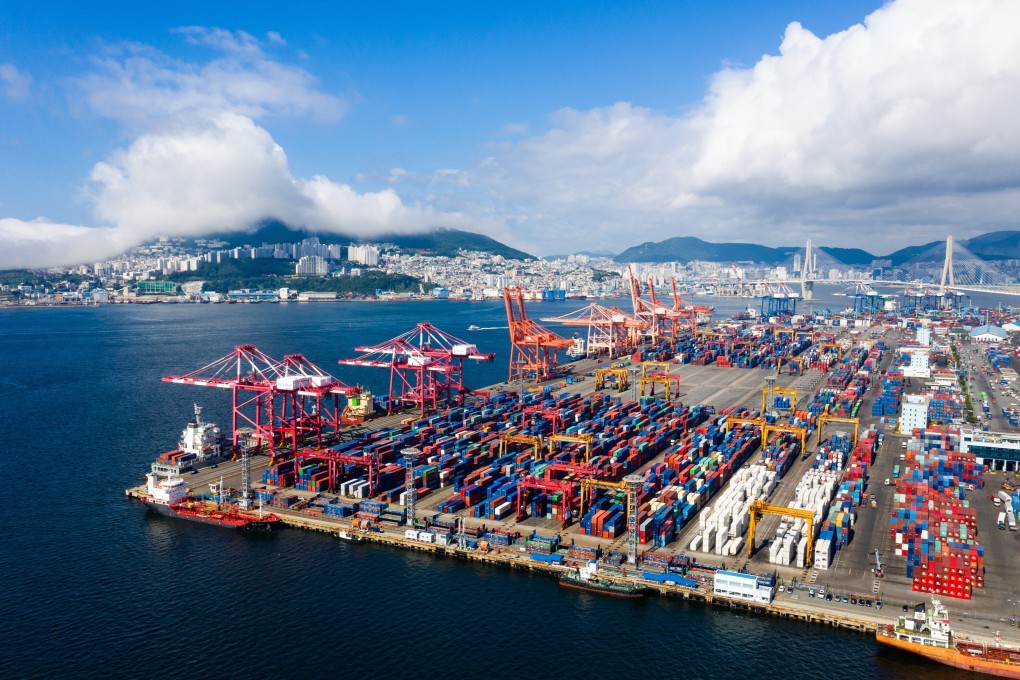Global investors plough into Asian logistics properties as demand for online delivery food surges amid Covid-19 crisis
- Institutional investors, insurance giants and sovereign wealth funds are rapidly increasing their investments in logistics properties in China and the wider region
- Surging demand for online food delivery and grocery services has bolstered demand for warehouse space, say industry players.

ESR is a logistics real estate platform with total assets under management of more than US$22 billion, covering about 17 million square metres of space in Asia.
“Insurance companies, sovereign wealth funds and pension fund mangers have shown great interest in the [logistics] sector and the company, as other property sectors such as retail properties have been under pressure amid the virus outbreak,” Shen said in an interview.
ESR has announced about US$2 billion in new investments via partnerships with global investors this year. They include its joint venture with Toronto-based insurer Manulife, which has around US$900 billion of assets under management globally.
Early this month ESR said the joint venture has bought four institutional-grade logistics properties from Redwood China Logistics Fund for about 1.7 billion yuan (US$240 million).
ESR is not alone in attracting the attention of investors.
China Logistics Property Holdings, whose prime logistics facilities portfolio reached 4.3 million square metres spanning 18 mainland Chinese provinces, announced at the end of June that it has agreed to issue US$100 million of convertible bonds to Boston-based Bain Capital.